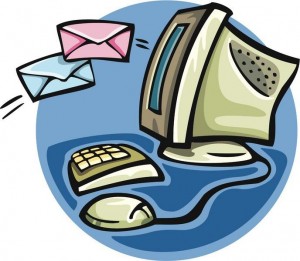Free antivirus software may seem like a bargain, but it’s not. In this tough economy, getting something for free is always a good thing, right? Short answer: It depends on your tolerance for risk.
Here are some issues to consider before you delay an investment in network protection and use “freeware” instead. First, free antivirus software doesn’t provide the comprehensive protection you need against today’s biggest online threats. So when you trust your computer, applications, files and identity to free AV software, it can end up costing you more in time, aggravation, and money than you ever imagined.
Most free antivirus software is really just bait that some software companies use to lure you in. It’s usually a “light” version of one of their paid products that offers only limited protection against today’s online threats.
After you install most free antivirus software, you can expect to be hit with a barrage of annoying, time-wasting pop-up alerts telling you that it only provides basic” protection. Then you’ll receive recommendations to switch to one of the software maker’s paid security products for “complete” protection.
Another point to keep in mind: Experts agree that today’s biggest online threats come in forms that free antivirus software doesn’t stop. Threats such as rootkits, bots, keyloggers, hackers, phishing scams, and infected websites breeze right past most free antivirus software.
These threats can pose an even bigger danger than viruses, not only to your computer and files, but to your bank account as well. They can lead to a hard drive crash, system failure, or worse, identity theft. Also, free antivirus software is generally reactive. That means it only deals with threats after they’ve attacked and had an opportunity to do damage to your computer and files.
When you build your own security suite using standalone free security software, compatibility issues can cause conflicting alerts and even hard drive crashes. That’s even more time wasted – and a whole load of aggravation you don’t need.
So what’s the bottom line? Free antivirus software simply doesn’t provide the comprehensive protection you need in today’s online world. When you add up the various costs listed above, free antivirus software isn’t free at all.

